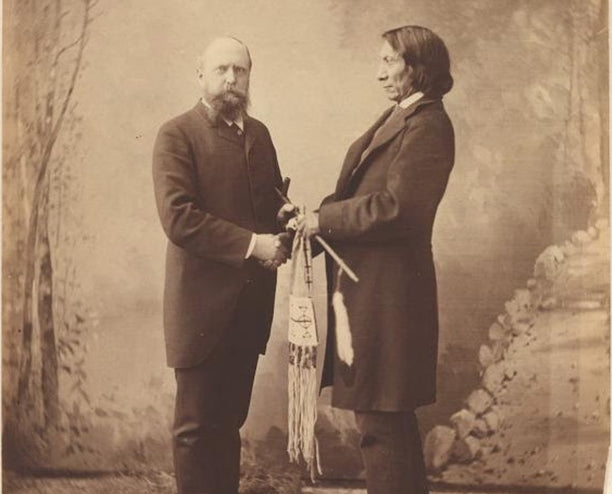
Potential Prehistory
Historian of science Lukas Rieppel considers the connections between geology, prehistory, and imperialism, as part of the "Unlearning Imperialism" Verso roundtable.

Historian of science Lukas Rieppel considers the connections between geology, prehistory, and imperialism, as part of the "Unlearning Imperialism" Verso roundtable.

Can we rethink biopolitics–the questions of life and death–in the long shadow of COVID and climate change?

In this excerpt from Tear Gas, Anna Feigenbaum describes the history of the Himsworth Report, used by governments around the world to justify the use of tear gas.
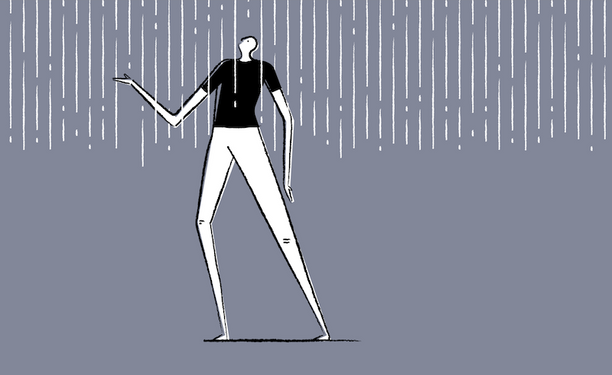
Geoengineering schemes — still largely hypothetical — not only fail to address the underlying causes of climate change; they carry their own profound political, economic, and ecological risks.
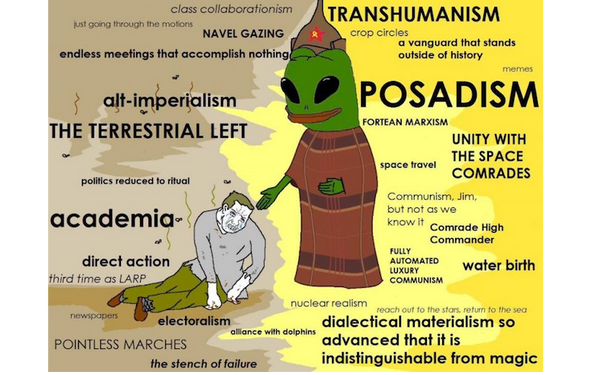
Proponents of the minor tradition of Marxist ufology viewed UFO investigation as part of the scientific and intellectual attempt to overcome alienation and create a truly free and equal society.
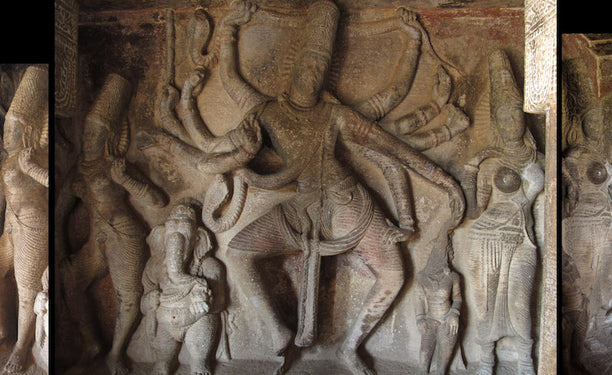
Our vision of nature is undergoing a radical change toward the multiple, the temporal, and the complex.
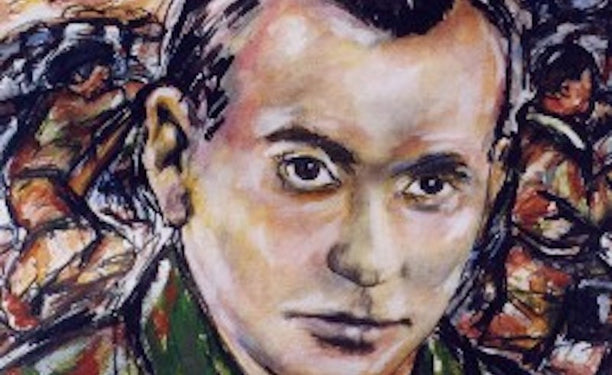
Idealism appears in bourgeois philosophy to oppose itself to mechanism, and in a certain sense it does. But if we look into concrete living, we see that both are generated simultaneously.
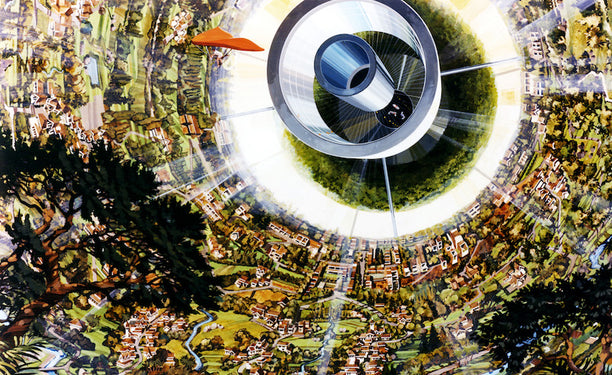
How is it possible to examine the future scientifically?
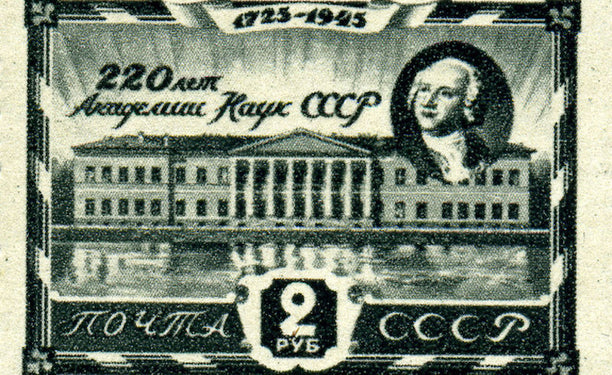
Helena Sheehan introduces her survey of the philosophies of science developed during Marxism's first century.
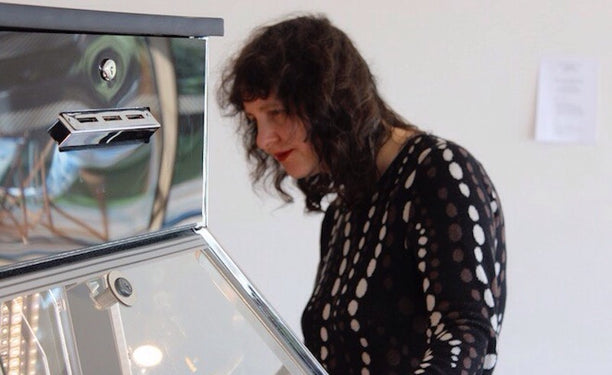
In this career-spanning interview with George Souvlis, Esther Leslie discusses Walter Benjamin, animated film, the history of color, the Historical Materialism project, and the commemoration of the revolutionary past.
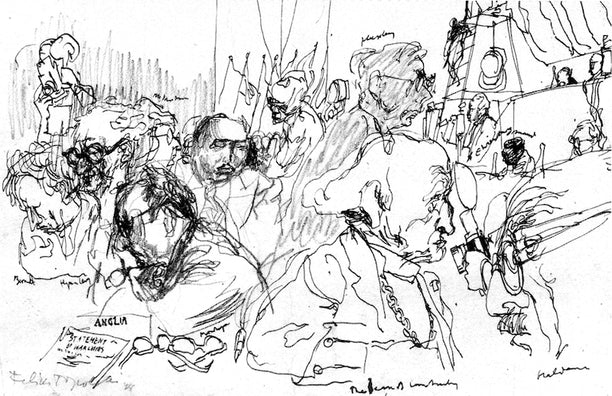
An exploration of Bernal's contribution to the politicization of science and scientists, above all the development of the Social Relations of Science movement.
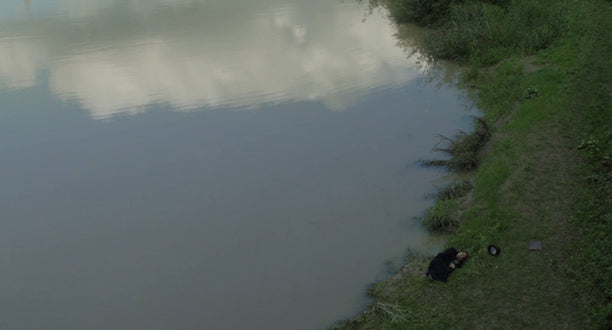
Timpanaro launches a polemic against the two major tendences of post-war Western Marxism — Frankfurt School critical theory and Althusserian structuralism — and a defense of the late Engels in an effort to reunite historical materialism with a materialism of the natural sciences, inspired by the writings of Giacomo Leopardi.